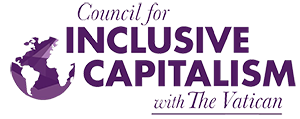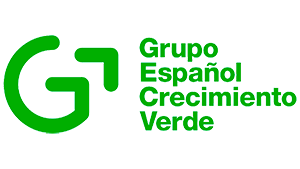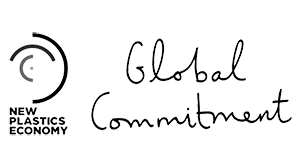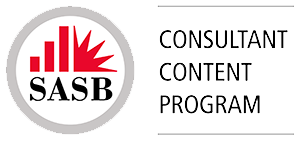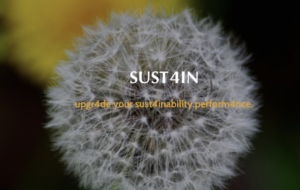A circular economy is a necessity, namely in europe
- Summary of the II Life Cycle Assessment and Circular Economy International Conference, organized by SUST4IN and the Forum for Sustainability through Innovation Life Cycle (FSLCI) in Madrid this week.
- Keynote speech by the MEP and former Minister of Environment of Finland Siri Pietikäinen, rapporteur of the circular economy package in the European Parliament
- New trends and practical cases of life cycle assessment, environmental product declarations, circular economy, and financing were discussed at the conference.
- The concept of circular economy was the protagonist, but life cycle assessment remains the basis
Madrid, 12 May. The paradigm shift from a linear economy to a circular economy is not just a new fashion, but a necessity for sustainable growth. Some companies have already begun to act, based on life cycle assessment, motivated by risk management, cost reduction or to meet customers’ requirements. This need is especially critical in Europe, which has issued a circular economy package and is already dedicating funding to implement innovation projects.
The experts in sustainability SUST4IN, in conjunction with the Forum for Sustainability through Life Cycle Innovation (FSLCI) organized this week at the Madrid International Lab the II Life Cycle Assessment and Circular Economy International Conference, to discuss new trends and practical cases of life cycle assessment, environmental product declarations and circular economy, plus how to finance it all.
The conference started with the founder and managing director of SUST4IN, Marcio Viegas, who introduced the concepts and levers for the circular economy, and explained that “there is no circular economy without life cycle assessment”. Meanwhile Martina Prox, president of the board of FSLCI, said that “the circular economy requires better collaboration and information throughout the life cycle.”
The Member of the European Parliament (MEP) and former Minister of Environment of Finland Siri Pietikäinen, rapporteur of the circular economy package in the European Parliament, said that “Every single year we consume 1.5 planets’ worth of resources, and this trend is rather increasing than decreasing. When we inch closer to hitting the boundaries of our planet, this will inevitably affect the availability and the price of many critical resources. “
Germán Granda, executive director of Forética, the Spain regional member of the World Business Council for Sustainaible Development (WBCSD), presented how the circular economy can be an ally for a more competitive and low carbon economy. Then Susana García Cuervo at Correos, Alfonso Diez Monforte at Saint-Gobain, Sergio Fernández Casado at Knauf and Elena García Marín at Repsol presented practical examples of life cycle assessment, environmental product declarations and circular economy. The event ended with how to finance circular economy projects, explained by Lydia Gonzalez Fernandez and Maria Jose Tomas at CDTI, which channels EU Horizon 2020 funds in Spain.
In her presentation, Siri Pietikäinen MEP concluded that “Europe is more dependent on imported resources than any of our competitors. This is why creating a circular economy here in Europe is of utmost importance.”

We are a network of expert professionals on sustainability.
SUST4IN apoya:

